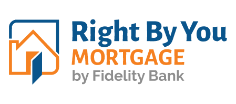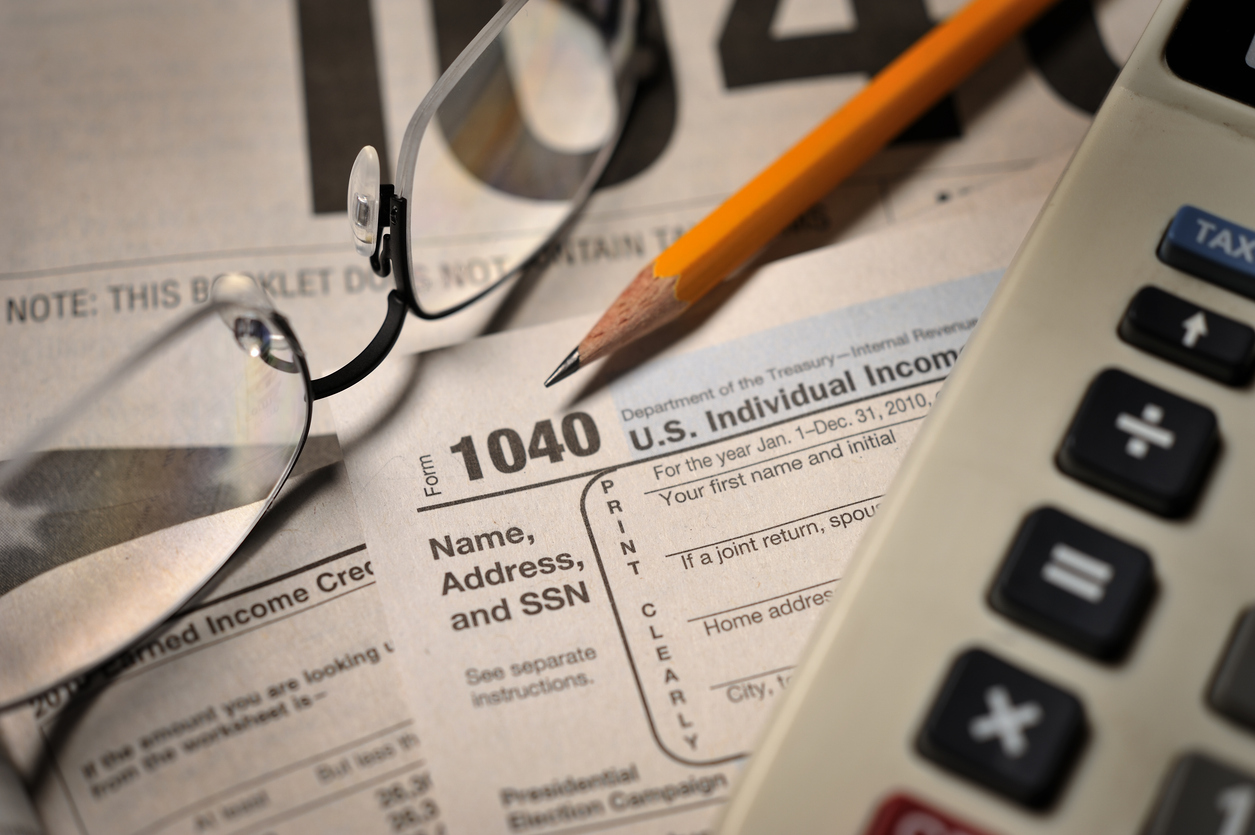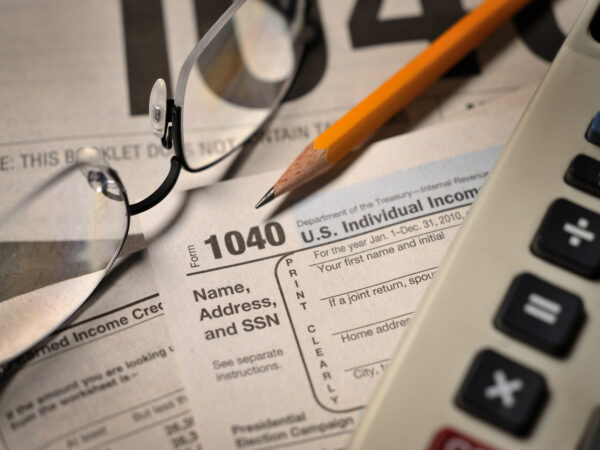Tax season often brings a mix of confusion and anxiety, but that may be especially true for first-time homebuyers. Owning a home can unlock several financial benefits when it comes to taxes, yet navigating the maze of deductions might seem daunting.
Understanding what you’re entitled to as a homeowner can significantly affect your financial planning and reduce your tax burden. So, let’s delve into what you can expect as a new homeowner. Keep in mind that this blog is not intended to provide tax advice, and you’ll want to check in with a tax advisor.
What Is Deductible?
First off, to take advantage of tax deductions related to homeownership, you must itemize your deductions on your tax return rather than opting for the standard deduction, which may impact your overall tax strategy.
That being said, when you close on a home, you will typically pay closing costs, which can include fees for loan origination, home inspections, attorney services, and more. Not all of these are deductible, but some are. For example, mortgage interest paid at closing and points or loan origination fees can often be deducted. You can find these expenses on your Closing Disclosure, which you’ll want to save for tax purposes.
The mortgage interest deduction is a significant benefit for new and existing homeowners. This deduction allows you to reduce your taxable income by the amount of interest paid on your mortgage, up to certain limits.
This deduction is particularly valuable during the early years of a mortgage when interest makes up a larger portion of each mortgage payment. For instance, if you have a $300,000 mortgage at a 4% interest rate, you might pay around $12,000 in interest in the first year. Under current IRS rules, you can deduct the interest paid on up to $750,000 of mortgage debt (or $375,000 if married and filing separately).
Property taxes are another major deduction, as homeowners can deduct property taxes paid to state and local governments from their taxes. However, there are limits to how much can be deducted. As of recent tax law, the total deduction for state and local taxes, including property taxes, is limited to $10,000 per year ($5,000 if married and filing separately).
What Isn’t Deductible?
Knowing what you can’t deduct on your taxes is just as important as knowing what you can. For example, fees paid for a home inspection or to a professional appraiser to assess the home’s market value are not deductible. Similarly, loan application fees, notary fees, and costs for obtaining your credit report are not deductible from your taxable income.
Home insurance premiums, while essential for protecting your investment, are also not deductible on your personal tax returns. Only in certain cases where part of the home is used for business purposes may a portion of these costs be deductible.
However, once you own a home, there are other potential ways to save. For example, if you’ve made any energy-efficient upgrades to your home, such as installing solar panels or installing energy-efficient windows or heating systems, you might be eligible for federal tax credits, which can directly reduce the amount of tax you owe.
What to Know Come Tax Time
Understanding your tax situation as a homeowner can be complex, particularly when it comes to deductions. This is why the advice of a Certified Public Accountant (CPA) is so valuable. CPAs are equipped with the knowledge to ensure you don’t leave any tax advantages on the table. They can also provide tailored advice based on your unique financial situation.
Keeping meticulous records is key. As mentioned earlier, your Closing Disclosure, which will outline all the potentially deductible expenses you incurred during the home-buying process, is an important document to provide to your CPA. In fact, from the time you start your homebuying journey, it’s a good idea to create a dedicated folder for all home purchase and improvement documents. This not only makes your tax advisor’s job easier, but also ensures that you are prepared for any inquiries about your deductions.
Have questions about homeownership? The experienced mortgage loan officers at Right By You Mortgage can help! To get started, find a local loan officer near you or email us at inquiries@rightbyyoumortgage.com to get started.









